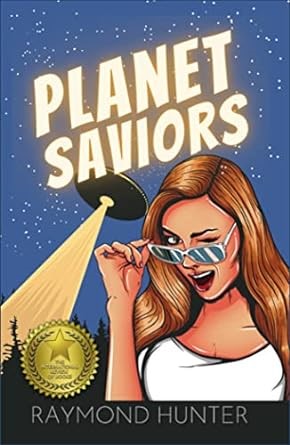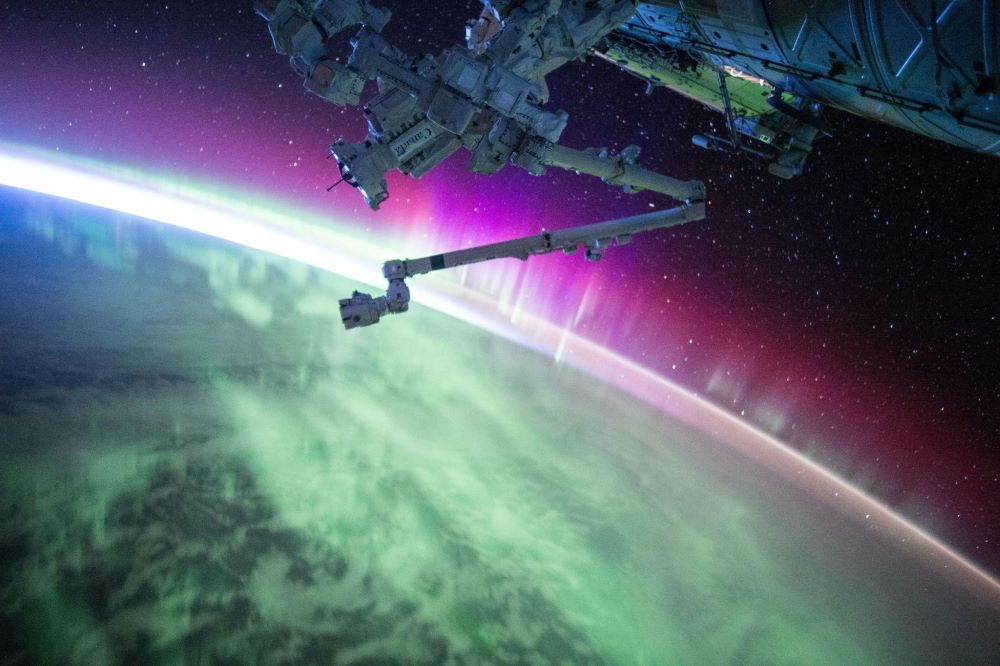Welcome, fellow adventurers of the written word, to a cosmic exploration of storytelling wonders! Today, we’ll explore the uncharted arena of speculative fiction, uncovering the factors that make this genre a magnetic force for writers and readers. So, take notes as we delve into the elements of speculative fiction and discover why it captivates the imagination like nothing else.
Defining Speculative Fiction
Before we begin our exploration, let’s set the stage by defining what speculative fiction is all about. Speculative fiction is a vast literary genre encompassing science fiction, fantasy, and horror. What sets it apart is its willingness to ask, “What if?” It invites writers and readers alike to dream beyond the boundaries of our reality, to explore uncharted territories where the rules of the universe are rewritten.
6 Elements of Speculative Fiction Sci-Fi Writers Must Know
These elements of speculative fiction aren’t hard-and-fast rules. Instead, they are just guiding points for beginner or seasoned writers wanting to explore sci-fi writing.
1. World-Building Magic
The cornerstone of speculative fiction lies in its ability to create worlds that defy the laws of nature. Whether it’s a dystopian future, an enchanted realm, or an alternate reality, the art of world-building is paramount. From the floating cities of steampunk landscapes to the ethereal realms where magic reigns supreme, the possibilities are as limitless as the imagination.
As a sci-fi writer, consider your created world’s societal structures, technological advancements, and cultural nuances. The key lies in describing the environment and making it come alive, allowing readers to breathe in the alien air, feel the crunch of foreign soil beneath their feet, and marvel at the unfamiliar constellations above.
2. Characters Beyond the Ordinary
In the vast expanse of speculative fiction, characters are not confined by the mundane limitations of reality. Here, you’ll encounter protagonists with superhuman abilities, complex creatures with intricate psyches, and entities that challenge our understanding of existence.
As a writer, breathe life into your characters by embracing their extraordinary traits and quirks. Make readers empathize with the struggles of an android grappling with human emotions or a sorcerer torn between the forces of light and dark. These nuanced characters anchor the fantastical elements, making the extraordinary relatable.

3. Unpredictable Plot Twists
The allure of speculative fiction lies in its ability to surprise and challenge expectations. That’s why unpredictability is one of the most important elements of speculative fiction. From mind-bending time loops to unexpected alliances between mortal enemies, the genre thrives on pushing the boundaries of storytelling. As a writer, embrace the unexpected, leading your readers through a narrative rollercoaster that keeps them on the edge of their seats.
Crafting a plot that seamlessly weaves together the elements of speculative fiction requires meticulous planning. Consider the consequences of altering the laws of physics or introducing a new species into the mix. Let the story evolve organically, allowing the uncharted territories to shape the narrative.
4. Genre-blending for Unique Narratives
While speculative fiction encompasses various subgenres, don’t shy away from blending elements to create a narrative that defies easy categorization. Mix science fiction with satirical humor as Raymond Hunter did in his novel “Planet Saviors”, or infuse horror into a space opera. Fusing genres can lead to innovative and surprising stories that resonate with a broad audience.
As a writer, embrace the freedom to experiment with genre conventions. Allow your imagination to roam freely across the boundaries of traditional storytelling. By breaking genre molds, you create a unique reading experience and contribute to the evolution of speculative fiction as a genre that continually reinvents itself.
5. Themes that Transcend Time and Space
One of the main elements of speculative fiction is a theme that resonates across the cosmos. Whether it’s the exploration of power, the consequences of unchecked technology, or the timeless struggle between good and evil, these themes provide the emotional anchor that keeps readers invested.
As a writer, delve into the universal truths that transcend time and space. Consider the ethical dilemmas characters face in a futuristic society or explore the impact of magic on the balance of nature. It’s through these themes that speculative fiction becomes a mirror reflecting our own humanity, even in the most fantastical settings.
6. Interplay of Science and Magic
In speculative fiction, the boundaries between science and magic blur, giving rise to a tapestry of wonder. Whether it’s the advanced technology of a space-faring civilization or the mystical forces at play in a wizarding school, the genre allows for a harmonious interplay between the rational and the mystical.
For sci-fi writers, this is an opportunity to infuse your narratives with cutting-edge scientific concepts while embracing the allure of the unknown. Consider the implications of advanced technologies on society or explore the consequences of manipulating the universe’s fundamental forces. It’s in this delicate balance that speculative fiction finds its unique flavor.
“Planet Saviors” by Raymond Hunter: A Great Example of Speculative Fiction
Discussing elements of speculative fiction isn’t enough when it comes to committing to writing in this genre. Therefore, we have today’s modern literature to help with understanding this genre.
Raymond Hunter’s “Planet Saviors” is a sci-fi novel with a blend of adult comedy and satirical humor. The story explores how Stella, living on planet Mund, is convinced that her race’s extinction can only be stopped by the inhabitants of Earth. However, as she falls in love with an earthling, the twist begins in the story.
Hunter has beautifully crafted a narrative that makes people laugh and ponder upon various societal and cultural concerns of technological advancements explored in the book. The juxtaposition between different characters and their problems also shares a new perspective with the reader. Hence, if writers want to learn more about speculative fiction, “Planet Saviors” is a must-read.

Grab Your Copy of “Planet Saviors” by Raymond Hunter
As our cosmic exploration of speculative fiction comes to a close, we’ve glimpsed the uncharted realms that make this genre an irresistible playground for both writers and readers. From the art of world-building to the creation of characters beyond the ordinary, all elements of speculative fiction contribute to the narrative. So, whether you’re a seasoned author navigating the stars or a reader eager to lose yourself in the unexplored territories of imagination, remember this: speculative fiction is a boundless universe waiting to be discovered.
Want to dive deeper into speculative fiction as a genre? Raymond Hunter’s “Planet Saviors” is a must-have. Order your copy today and explore how science fiction ties in seamlessly with adult comedy.




